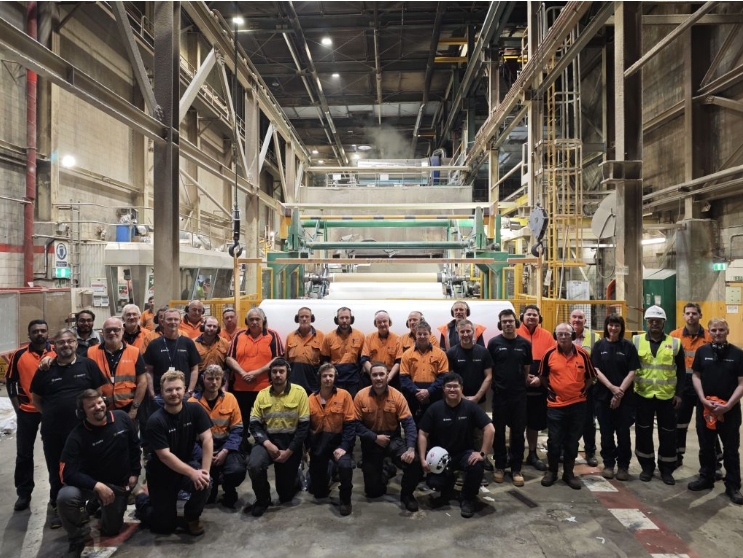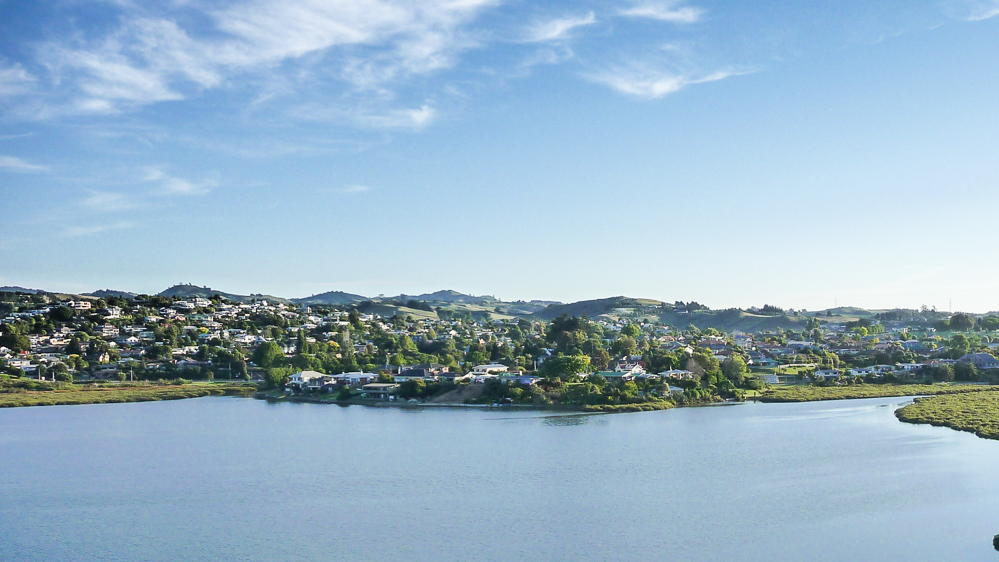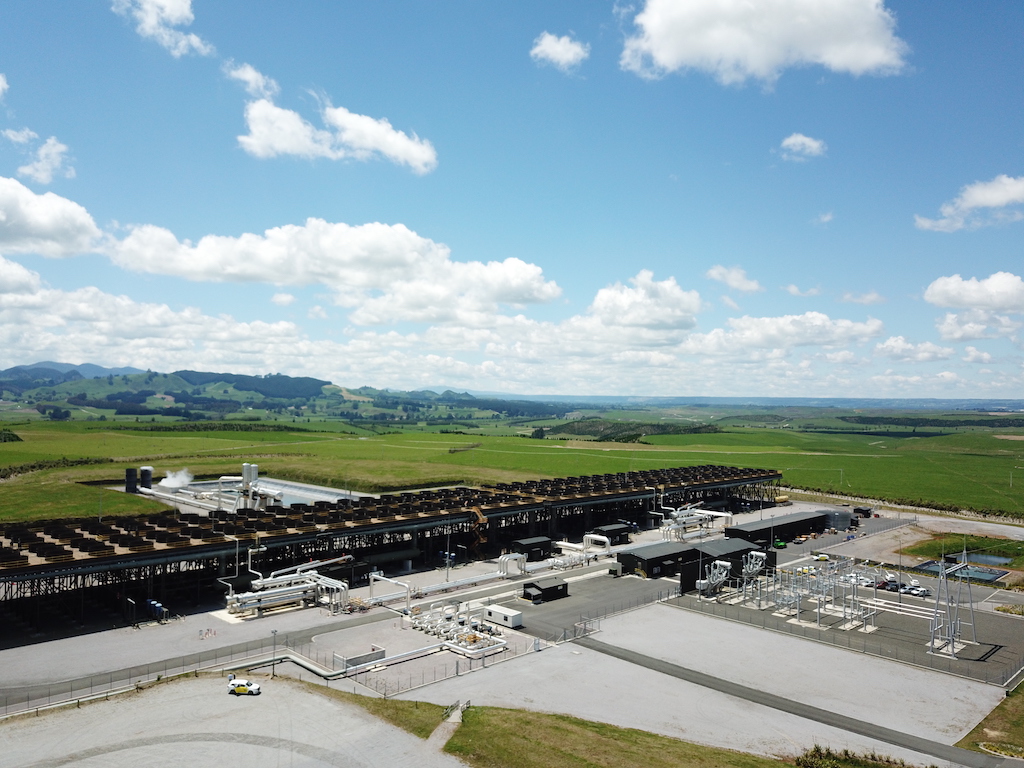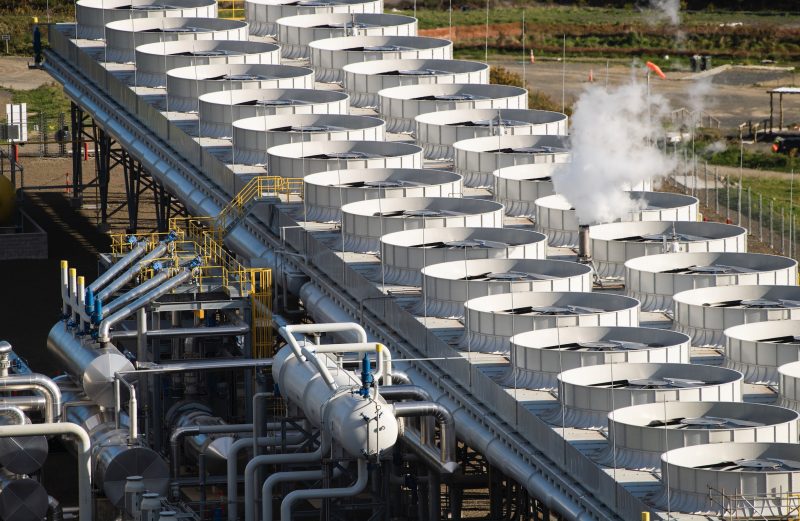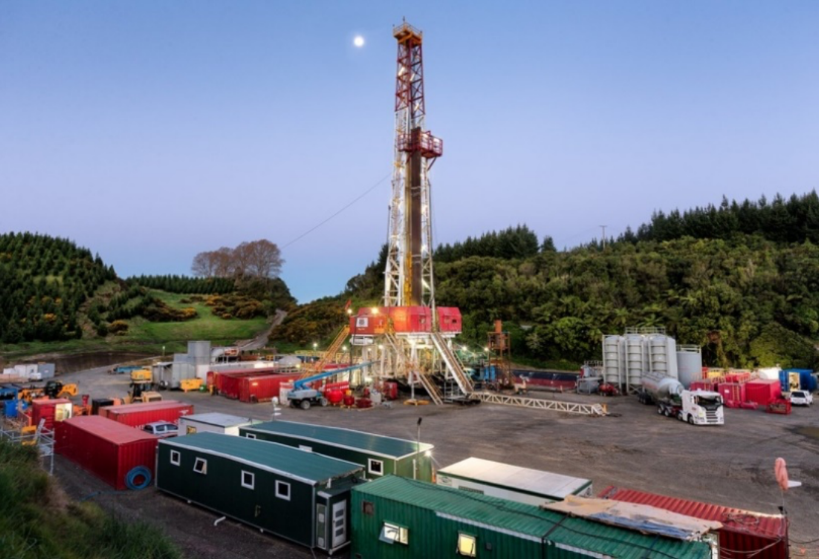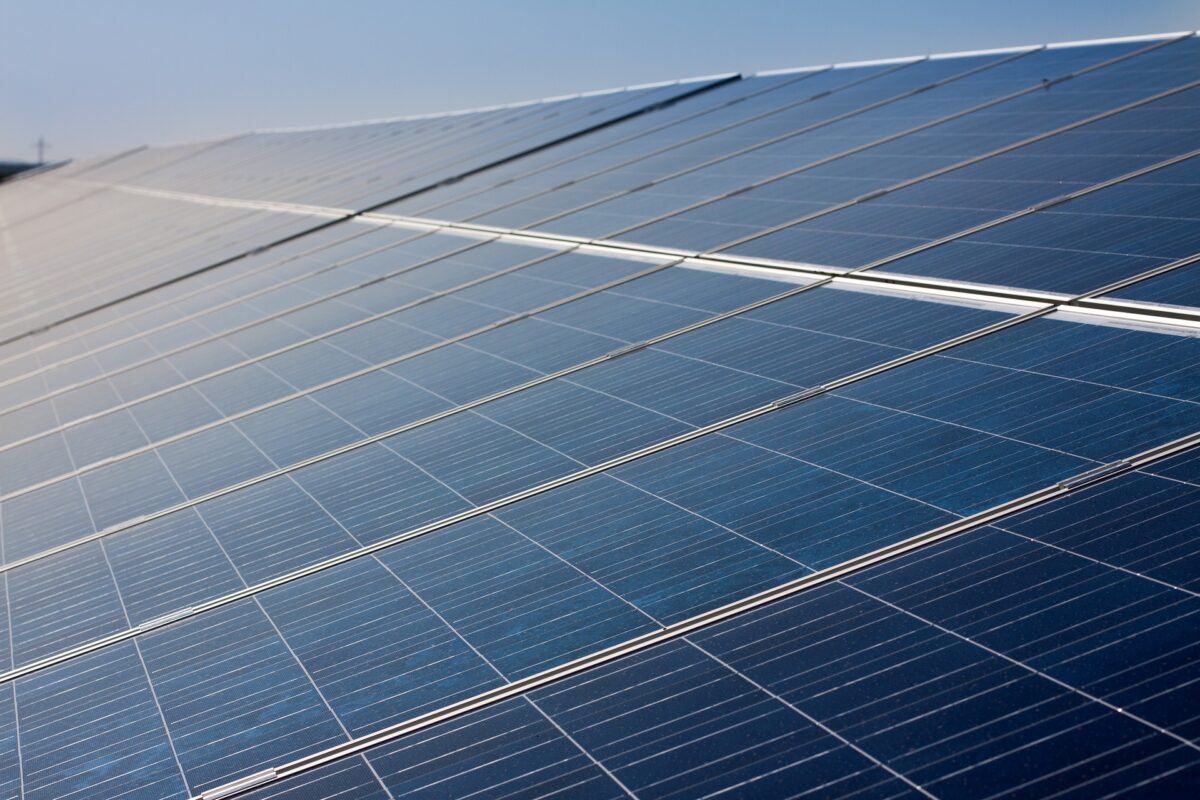
Solen SA Gabon, a subsidiary of Solen Renewable Dubai, built and operates the project, with an initial capacity of 11 MW, according to local media outlet L'Union.
The company reportedly said it aims to expand the facility to 30 MW under a power purchase agreement (PPA) with state utility Société d'Energie et d'Eau du Gabon (SEEG). The project is expected to power 300,000 homes and create 150 direct jobs.
The plant, announced in 2021, faced delays and reductions in funding after construction began in August 2022. Initially planned as a 120 MW project split into two 60 MW phases, it was scaled back during development.
At the inauguration, President Brice Oligui Nguema highlighted the project as a symbol of the nation's commitment to sustainable development and climate action.
“It is indeed an important milestone in the production and distribution of clean, sustainable and modern electricity, thus illustrating our country's commitment to improving access to energy and the fight against climate change,” he said.
Gabon’s electricity mix currently relies on hydropower (47.7%), natural gas (35%), oil (16.9%), and biofuels (0.3%), according to the International Energy Agency (IEA).
The country reported just 1 MW of installed solar capacity at the end of 2022, unchanged since 2021, according to the International Renewable Energy Agency (IRENA).
